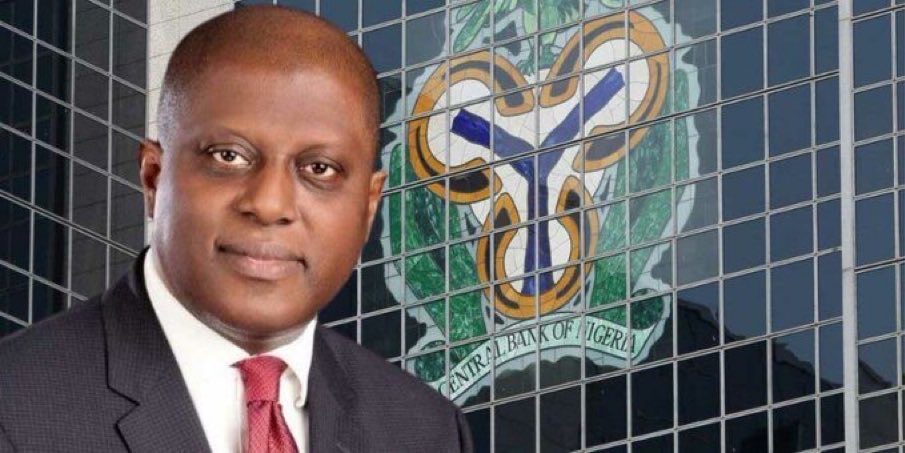Speaking in an exclusive interview with Arise Television, Cardoso disclosed that the bank had settled verified FX requests, which amounted to $2.3 billion. He added that current total outstanding FX obligations stood at $2.2 billion.Cardoso further indicated that part of the headline $7 billion outstanding FX claims were fraudulent, citing the outcome of a forensic audit by Deloitte Management Consultant, which was commissioned by the apex bank.
The central bank governor said he was confident that the outstanding FX liabilities would be addressed shortly. He maintained that CBN would not pay for FX requests that were not validly constituted, adding that the bank has written to authorised dealers to explain the disparities identified.“And sadly, quite frankly, I think much of those have not been disputed to our satisfaction,” Cardoso said.
Commenting on the outstanding FX obligations, the central bank governor said, “We contracted Deloitte Management Consultant to do a forensic of all these obligations and to actually tell us what was valid and what was not. Of course, we were committed to ensuring that we would pay all valid transactions.
“The result that came out of this was startling in a great respect; it was quite startling. We discovered that of the roughly $7 billion, about $2.4 had issues, which we believed had no business being there – and the infractions from that range from so many things. For example, not having valid import documents and in some cases, even entities that did not exist and in some cases, beneficiaries and account parties that asked for FX and got more than they asked for. And those who didn’t even ask for any and got. So, there were a whole load of infractions there, which I said amounted to about $2.4 billion out of the $7 billion headline figure.”
Cardoso explained that loans and advances in the economy were about N40 trillion of which CBN interventions accounted for about 25 per cent. He said such liquidity injections were responsible for the current distortions, including inflation in the economy because they were not properly managed.He pointed out that CBN currently lacked the capacity for direct interventions, and would rather focus on its primary mandate to control inflation, stabilise prices, and ensure a stable economic environment.













